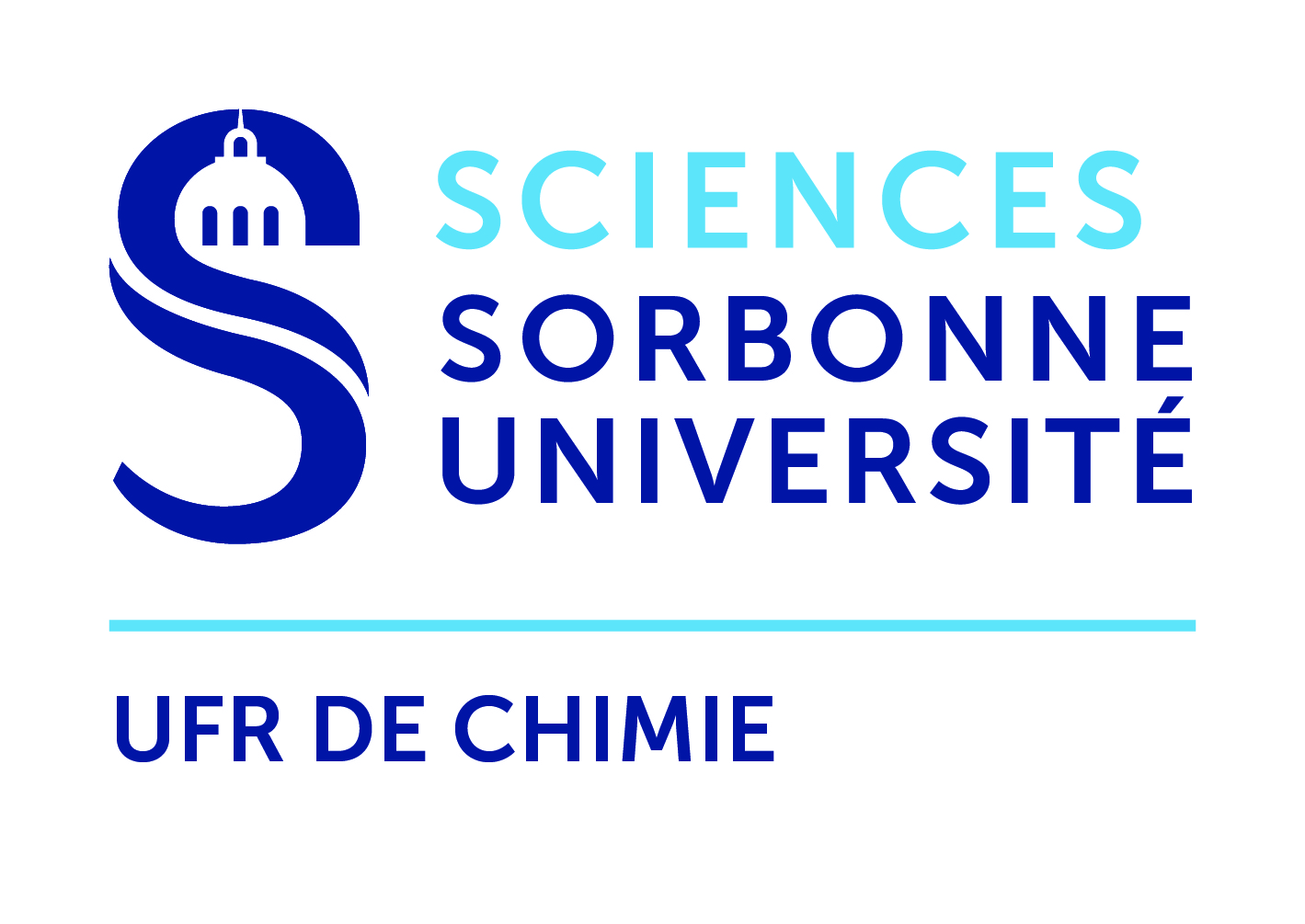Magnetism of Iron Oxide Nanoparticles: From Atomic Order to Complexity at the Mesoscopic Scale
Résumé
Zn-substituted iron oxide nanoparticles of ≈5 nm in diameter are synthetized by a microwave-assisted thermal decomposition method. The addition of ethylene glycol results in a size increase to 22 nm. Cationic disorder has been observed by electron energy loss spectroscopy-scanning transmission electron microscopy. Using Mössbauer spectrometry combined with Rietveld analysis, the complete cationic and vacancies repartition in the lattice is determined, as well as the canting of magnetic moments. This allows the magnetic moment to be calculated, in good agreement with that measured. The alternating current magnetic susceptibility is modeled by the Néel-Brown and the Coffey models, showing some discrepancy between these two approaches which is discussed. The largest particles show a complex morphology involving an oriented attachment mechanism of smaller units. Their cationic disorder and internal porosity have been evidenced and quantified, and the work shows that despite these defects they behave rather as magnetically blocked nanoparticles.
Fichier principal
 Physica Rapid Research Ltrs - 2024 - Darcheville - Magnetism of Iron Oxide Nanoparticles From Atomic Order to Complexity.pdf (1.92 Mo)
Télécharger le fichier
Physica Rapid Research Ltrs - 2024 - Darcheville - Magnetism of Iron Oxide Nanoparticles From Atomic Order to Complexity.pdf (1.92 Mo)
Télécharger le fichier
| Origine | Publication financée par une institution |
|---|
